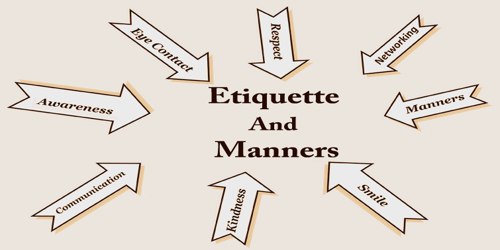A job is defined as a collection of duties and responsibilities which are given together to an individual employee. Job Evaluation is advantageous to management, workers, trade unions and organizations as well. Job analysis is the process of studying and collecting information relating to operations and responsibilities of a specific job. Management has the advantage of greater order in its pay arrangement and more stable wage structure.
Advantages of Job Analysis:
A few advantages or merits of job analysis are-
- Provides First Hand Job-Related Information:
Job analysis provides direct and detailed information about the job and the right way to perform the duties. The job analysis process provides with valuable job-related data that helps managers and job analyst the duties and responsibilities of a particular job, risks and hazards involved in it, skills and abilities required to perform the job and other related info.
The risks and difficulties associated with the work are also understood and the expertise and knowledge required is also known through job analysis. Hence the process of selection becomes much easier after job analysis.
- Helps in Creating Right Job-Employee Fit:
This is a vital activity in any organization as only with the suitable workers can an organization become successful. This is one of the most crucial management activities. Filling the right person in a right job vacancy is a test of skills, understanding, and competencies of HR managers.
Job Analysis helps them understand what type of employee will be suitable to deliver a specific job successfully. So the worker suitable and custom-made for the job should be hired after examination of their skills, knowledge and other requirements by the manager or supervisor.
- Useful for Effectual hiring methods:
The decisions of which candidate to select and whom to reject is confusing; job evaluation makes this easy as the requirements of each job is detailed properly and only the candidates who fulfill this criterion will be selected.
Who is to be filled where and when? Who to target and how for a specific job opening? Job analysis process gives answers to all these questions and helps managers in creating, establishing and maintaining effective hiring practices.
- Guides through Performance Evaluation and Appraisal Processes:
Job Analysis helps managers evaluating the performance of employees by comparing the standard or desired output with delivered or actual output. By depending on this results the examination and evaluation of the performance is done; whether it has been efficient or not.
The process helps in deciding whom to promote and when. It also guides managers in understanding the skill gaps so that right person can be fit at that particular place in order to get desired output. It also helps in understanding the faults of individual workers and with proper analysis, the solutions are found and good workers are made responsible for the difficult tasks so that the end outcome will be effective and wanted.
- Assist in analyzing the instruction and progress requirements:
The practice of job analysis answers numerous difficulties and queries; the person giving the instructions and training, the time of training and instructing, the matter of instruction and training, how should the training be given and is it behavioral or technical, and the process of conducting the training. All this information and decisions are taken by job analysis.
- Helps in Deciding Compensation Package for a Specific Job:
To take a legitimate and valid decision about the compensation packages, benefits and grants of the workers, no amount of contemplation by the managers or supervisors will do. A genuine and unbiased process of job analysis helps managers in determining the appropriate compensation package and benefits and allowances for a particular job.
Only with the help of job analysis can they come to an unbiased and undisputable decision of allowances and perks related to a specific job. The allowances and reimbursement are decided to depend on the liabilities and risks of the profession.
Information Source:
















